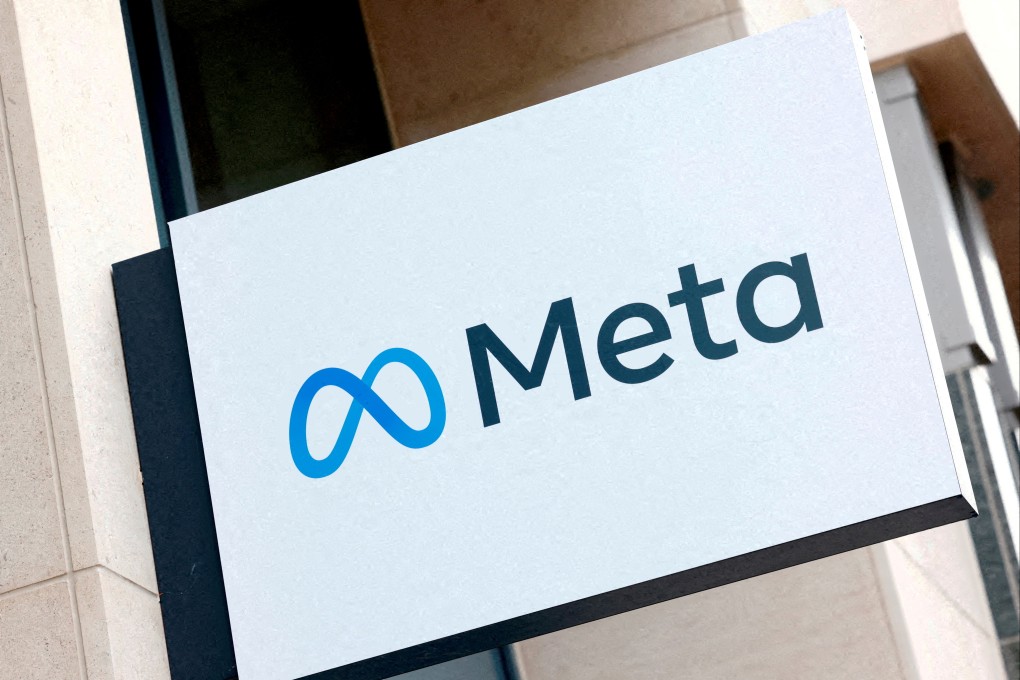Meta to charge cloud providers for AI tech that it said was free
- On July 18, Meta announced that it was teaming up with Microsoft and Amazon to offer its LLM on its partners’ cloud offerings without charging for access or use
- Meta has now included a term for the largest cloud companies that they do not get a free license to use it, but have to make a business arrangement with Meta

Meta Platforms plans to make money from the major cloud-computing companies when they resell its artificial intelligence (AI) large language model, Llama 2.
“If you’re someone like Microsoft, Amazon or Google, and you’re going to basically be reselling the services, that’s something that we think we should get some portion of the revenue for,” Meta Chief Executive Officer Mark Zuckerberg said Wednesday on a quarterly earnings call. “I don’t think that that’s going to be a large amount of revenue in the near-term, but over the long term, hopefully that can be something.”
That is a change in tone from just last week, when the company said it would be providing the technology for free. On July 18, Meta announced that it was teaming up with Microsoft and Amazon to offer its large language model for commercial use on its partners’ cloud offerings without charging for access or use.
Meta said that making the technology available for free and opening its source code would result in improvements from a wider community of developers.
Zuckerberg is still calling Llama 2 open, and reiterated those benefits on Wednesday’s call. But in addition to making the technology open-source, Meta also included a term for the largest cloud companies that they do not get a free license to use it, but have to make a business arrangement with Meta, Zuckerberg said.
Large language models, or LLMs, power text-based chatbots, though their uses are not limited to helping AI answer questions. The models are trained by being fed immense amounts of information, usually from the internet, to refine a process for generating responses.